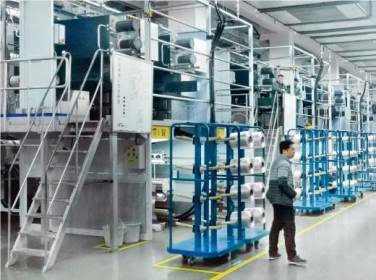Pure Nature: Biochemicals of the Lenzing Group Given Official Biocertification
“Lenzing stands for a responsible approach to nature. For this reason, we use 100% of the natural resource wood, from the core to the bark – as pulp, bioenergy and biochemicals such as acetic acid”, explains Lenzing CEO Stefan Doboczky. “That is why we are very pleased that our pioneering role with respect to the issue of sustainability has gained worldwide recognition”, Mr. Doboczky adds.
The Lenzing Group produces dissolving pulp at its sites in Lenzing, Austria and Paskov, Czech Republic. All the valuable raw materials are extracted from the wood within the framework of a cascading use. Acetic acid is derived from beech wood in the pulp production process, is recovered in several process steps and processed into high quality, food-grade acetic acid, for example for the food industry. Furfural is a product utilized as a solvent in the refining of lubrication oil, to name one example. Magnesium lignosulfonate is found in animal food or fertilizers.
Lenzing AG/ Press Department






